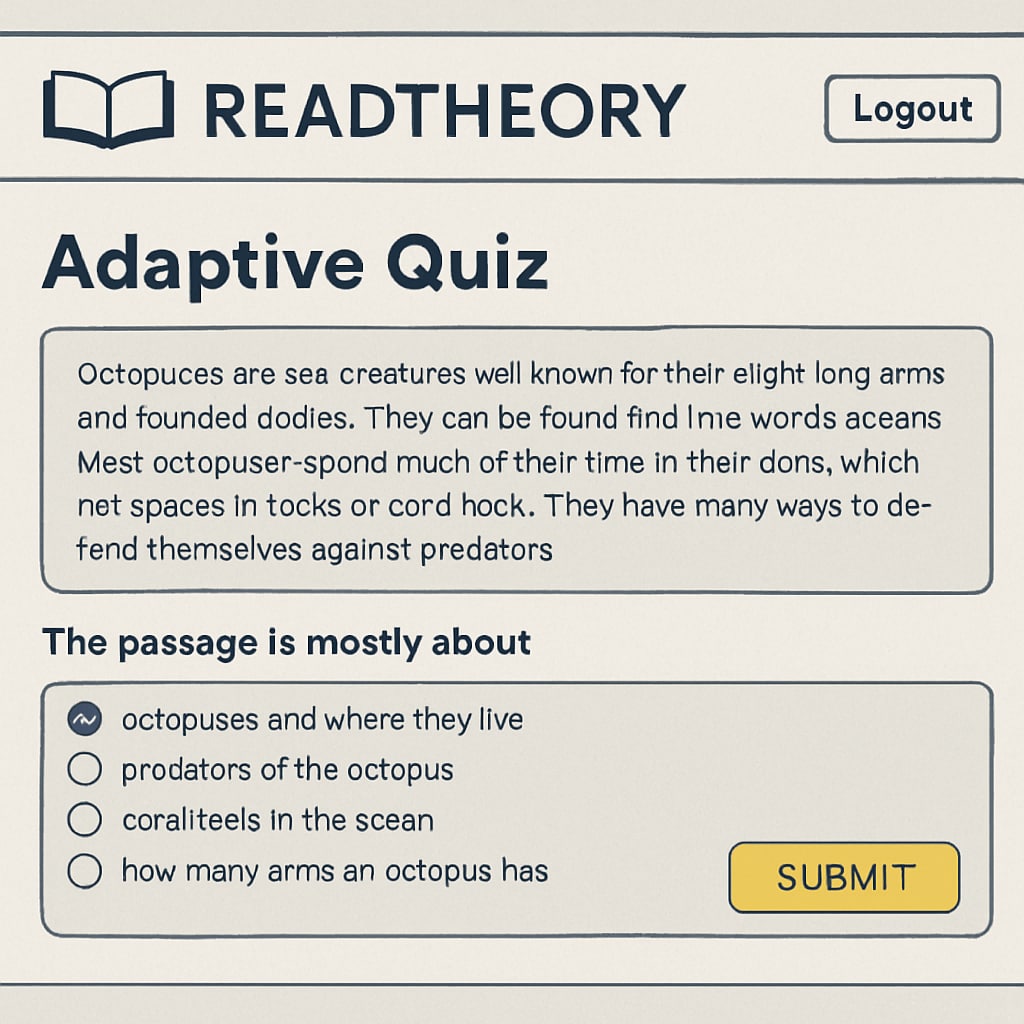The traditional Accelerated Reader (A.R.) points system has been a popular way to measure reading comprehension for years. While effective in tracking student progress, some educators and parents are seeking free alternatives that not only assess comprehension but also foster genuine reading interest among fourth-grade students. This article explores innovative tools that offer a balance between assessment and enjoyment, ensuring young learners develop a lifelong love for reading.
Why Explore Alternatives to the A.R. Points System?
Although the A.R. points system provides quantifiable results, critics argue that it can sometimes overshadow the joy of reading by focusing solely on scores. Students may prioritize earning points over enjoying a book, which can diminish intrinsic motivation. In addition, the subscription costs associated with A.R. can be prohibitive for some schools and families. Free tools, therefore, offer a cost-effective and engaging way to cultivate both comprehension skills and enthusiasm for reading.

Top Free Tools for Reading Comprehension Tests
Here are several free alternatives to the A.R. points system that teachers and parents can use to make reading assessments more enjoyable for fourth-grade students:
- ReadTheory: ReadTheory is an adaptive reading comprehension platform that adjusts to a student’s reading level. It offers quizzes and detailed progress reports, combining assessment with personalized learning.
- CommonLit: CommonLit provides free reading passages and comprehension questions designed for various grade levels. The platform also includes resources to help students analyze themes and vocabulary.
- EPIC Library: EPIC is a digital library with thousands of books that children can explore. While assessment tools are not its primary feature, the diverse selection of books encourages reading for pleasure.
- Freckle: Freckle’s ELA section offers engaging content and comprehension quizzes tailored to different reading levels. It’s a great option for differentiated learning in classrooms.

Tips for Encouraging Reading Interest Alongside Assessment
Balancing assessment with enjoyment can be challenging. Here are some practical strategies educators and parents can use:
- Offer Choice: Let students select books based on their interests. This autonomy fosters curiosity and makes reading a more personal experience.
- Incorporate Group Activities: Encourage book clubs or group discussions where students can share their thoughts and recommendations. This social aspect can enhance engagement.
- Reward Effort, Not Just Results: Celebrate milestones such as completing a challenging book or exploring a new genre, rather than focusing solely on test scores.
- Make Use of Gamification: Platforms like ReadTheory use elements of gamification, such as badges and levels, to motivate students without overshadowing the enjoyment of reading.
By combining these strategies with effective tools, educators can transform reading assessments into a more holistic and enjoyable process.
Conclusion: Finding the Right Balance
While the A.R. points system has its merits, free alternatives provide an opportunity to reimagine reading comprehension assessments in a way that prioritizes student engagement and passion for learning. Tools like ReadTheory and CommonLit are excellent starting points for educators looking to inspire fourth-grade students to read more enthusiastically while still achieving measurable results.
Ultimately, the goal is to create a reading environment where comprehension and enjoyment go hand in hand, ensuring every child develops both critical thinking skills and a lifelong love for books.


